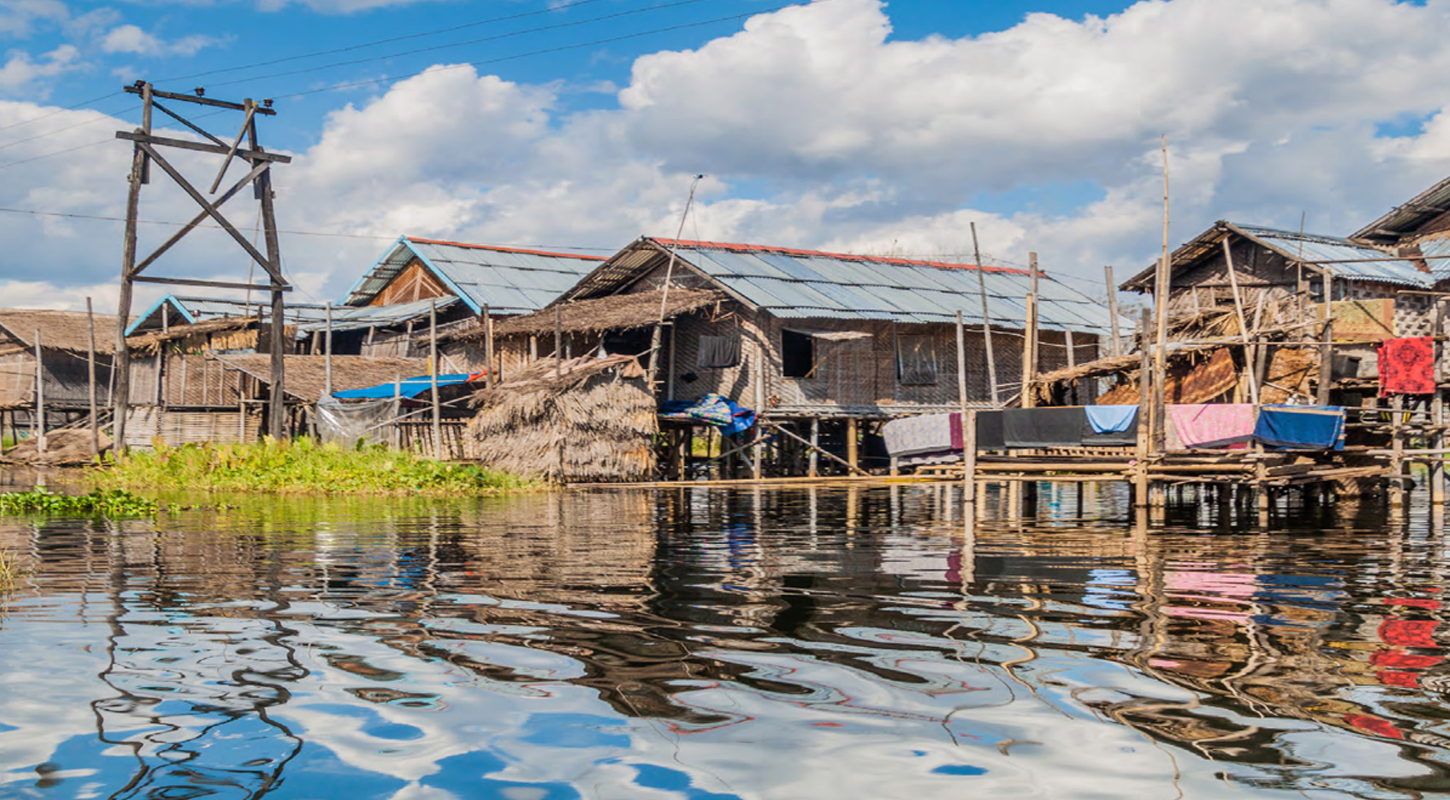
Current research reveals that the number of those living in extreme poverty is larger than previous models estimated. The United Nations now makes a distinction between extreme poverty and multidimensional poverty. The extreme poor, as classified by the World Bank, are people surviving on less than $1.90 per day. The multidimensional poor, as classified by United Nations Development Program (UNDP), are people that suffer from multiple disadvantages at the same time including a lack of clean water, proper sanitation, food security, healthcare, education, and economic opportunity.
The World Bank estimates that at the end of 2019 there were 645 million people living in extreme poverty and numbers were trending downward. The COVID-19 pandemic, however, reversed that trend. For the first time in 20 years, extreme poverty is on the rise globally. Instead of dropping from 645 million to 588 million as forecasted for 2020, the number of extreme poor rose by 150 million to 738 million. 1.4% of the world’s population have been pushed back into extreme poverty by the pandemic. These numbers from the World Bank, as bad as they are, do not tell the whole story.
The UNDP, using the multidimensional index, estimates that there are 1.3 billion multi-dimensionally poor in our world – 16.7% of the total population. That is nearly double the number of extreme poor as estimated by the World Bank. The multidimensional poverty index provides a clearer picture of the poverty situation in our world and gives us a better understanding of what needs to be done to alleviate the suffering.
The suffering of the poor has been aggravated by COVID-19, pushing many into extreme poverty and many more, already living in multidimensional poverty, to the brink of starvation and death. These hidden poor are hurting and vulnerable, many with no Gospel witness among them.
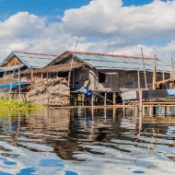
The Need
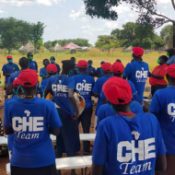
The Workforce
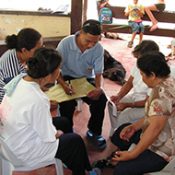
The Strategy
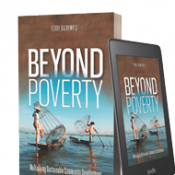
The Book
We believe that the Gospel of Jesus is good news to the poor.
We hear Jesus saying, “Whatever you do to the least of these brothers and sisters of mine, you do to me” (Matthew 25:40). Jesus feels their struggle and calls us to respond to their pain.
Therefore, we commit to support efforts among the poor
that make disciples, address the root causes of human suffering, lift communities out of cycles of poverty and disease and multiply that success to communities around.
Sign the pledge to receive free resources
answering the big question:
How can you make a difference among the poor?
"(Required)" indicates required fields